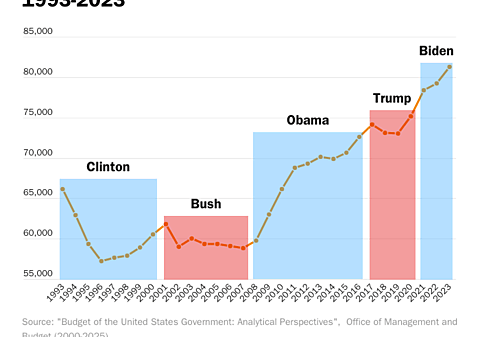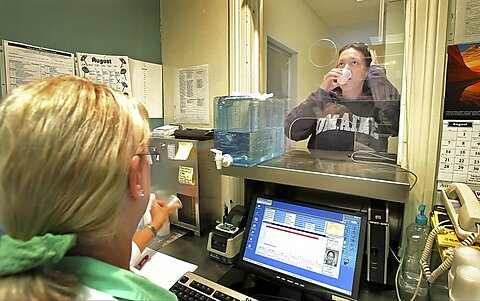
The UK government’s decision to integrate artificial intelligence into public sector operations has raised concerns over potential job losses, particularly within the civil service. However, leading software consultancy Scott Logic has argued that the adoption of AI will drive efficiency and open up new opportunities rather than eliminate roles.
The civil service workforce has expanded significantly in recent years, now exceeding 540,000 employees. Much of this growth has been attributed to the creation of taskforces for Brexit and Covid-19, as well as a response to long-term underinvestment in technology. According to Scott Logic, AI can help rebalance workloads by handling complex and repetitive administrative tasks, such as managing global compliance requirements. This, in turn, would free up civil servants to focus on delivering meaningful change in critical areas.
Stephen Foreshew-Cain, CEO of Scott Logic and former Executive Director of Government Digital Services, dismissed fears that AI would replace public sector workers. He likened the latest concerns to past anxieties about technological advancements, recalling how human couriers were once employed to deliver paper memos before the invention of the telephone.
“The Government is correct to embrace new technologies—including AI—to make public services more efficient,” he said. “The UK trails behind most major nations in productivity, and the adoption of AI to expedite currently manual, repetitive processes will help to rectify that. But rather than stealing civil service jobs, AI will likely open up new roles requiring human expertise, particularly in implementation and oversight. If anything, AI is set to create new positions, as seen with the planned recruitment of 2,000 new TechTrack apprentices.”
As AI becomes more embedded in government operations, the demand for expertise in areas such as data quality management, security and privacy protection, system auditing, and bias detection is expected to rise. Foreshew-Cain suggested that civil servants will play a key role in determining how AI should be applied, particularly in high-stakes decision-making processes where human oversight remains essential.
“AI literacy within the civil service will grow, and public sector workers will be key in judging which tasks AI can enhance and where human oversight remains essential. For instance, it may never be possible to fully derisk generative AI for certain high-stakes tasks, at least in its current form,” he added.
Beyond improving productivity, AI is also set to transform how government employees innovate and implement change. One emerging trend is ‘vibe coding,’ where non-technical professionals use AI-driven tools to generate code through natural language prompts. This could allow civil servants to create and test prototypes far more quickly, with architects refining and implementing their ideas.
“The ability to transform concepts into action more quickly is a game-changer for the civil service,” Foreshew-Cain said. “AI’s potential to streamline processes and empower professionals to innovate faster is an underappreciated aspect of its adoption. By investing in AI, the government is not just improving efficiency but reshaping how public services are delivered.”
His comments come as the government presses ahead with its AI efficiency drive, a move that could redefine the structure of the civil service in the years ahead. While critics warn of potential job losses, supporters argue that AI represents a natural evolution in workplace technology—one that will create as many opportunities as it disrupts.
Read more:
Government’s AI investment will create opportunities, not job losses, says tech leader

























